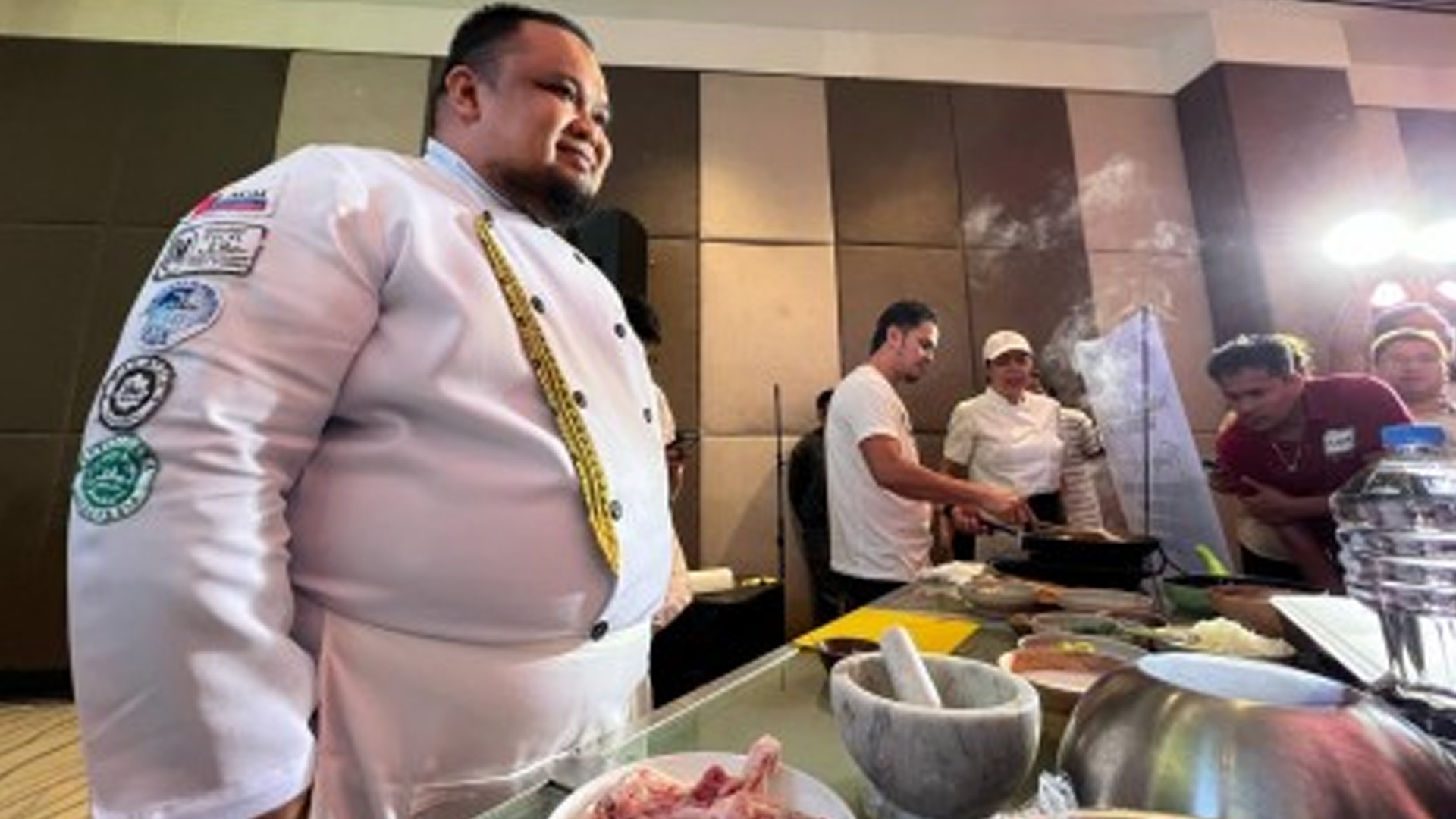The Department of Tourism (DOT) has urged hotels and restaurants in Eastern Visayas to apply halal culinary practices amid growing global demand for Muslim-friendly tourist destinations.
At a culinary event held Thursday at Summit Hotel here, the DOT brought together chefs, food industry players, and halal experts to showcase inclusive and culturally sensitive cuisine.
The gathering featured live cooking demos, discussions on halal practices, and insights into the regional food scene.
In her speech, Tourism Undersecretary Myra Paz Valderrosa-Abubakar acknowledged that there is a “certain demographic that is unable to enjoy or even explore its gastronomic landscape due to their faithful requirements” of Muslims.
“But as we know, there are ways to work around it. That is what we have been doing with Muslim-friendly tourism. This is why it makes me so happy to collaborate with the region on this venture, in which we will explore more of the fundamentals of halal and what it truly means to be Muslim-friendly,” Abubakar said.
The workshop also includes talks on “Rasa Sinirangan,” featuring the culinary scene of Eastern Visayas, by Mark Reynan Sabayan, a native of Palo, Leyte.
“I have already mapped at least a hundred-plus recipes but am still undergoing validations. I’m hoping that in years to come, our food will eventually be part of our roots. And this food, mostly, is halal and Muslim-friendly,” Sabayan told participants.
Halal refers to food and non-food products that are lawful or permissible under Islamic law.
Under existing rules, facilities are encouraged to make halal food available in reception, restaurants, and guest rooms of hotels.
Availability of a Muslim-friendly restaurant on the premises of hotels is also encouraged.
Proper segregation and identification of halal food from non-halal food through the placement of proper signage for caution, including utensils and condiments, should be observed.
Halal food should be separated from non-halal food when serving individually packed meals.
Meals for Sahur (pre-dawn breakfast) and Iftar (evening meal) during Ramadan should be available upon request.
The DOT is also pushing for broader compliance with halal standards under Memorandum Circular No. 2020–010, which sets guidelines for Muslim-friendly accommodations and food establishments. (PNA)








